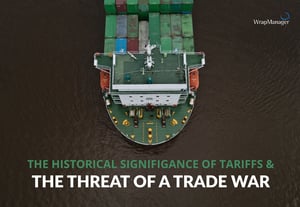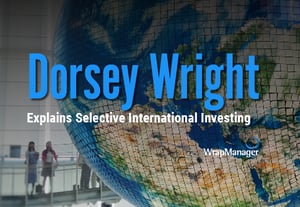Trade Wars: Don't Panic, Prepare
Trade tensions are here to stay. Even without a full-blown trade war, escalating frictions could weigh on business confidence – and growth. Economic fundamentals are still running strong and underpinning our risk-on view in the short term, but we advocate building increased resilience into portfolios as macro uncertainty rises.
Economic tensions between China and the U.S. have shot up, confirmed by our BlackRock Geopolitical Risk Indicator. This has coincided with an out performance of quality stocks, as the chart shows. Investors appear to be heeding risks, trade included. Trade risks are not limited to China. The prospects of a North American Free Trade Agreement (NAFTA) deal have deteriorated. The European Union (EU) and others have retaliated against U.S. steel and aluminum tariffs, while the U.S. has threatened to impose tariffs on cars imported from the EU.
[+] Read MoreInvestment Planning Blackrock Inc Money Manager Commentary international investing













